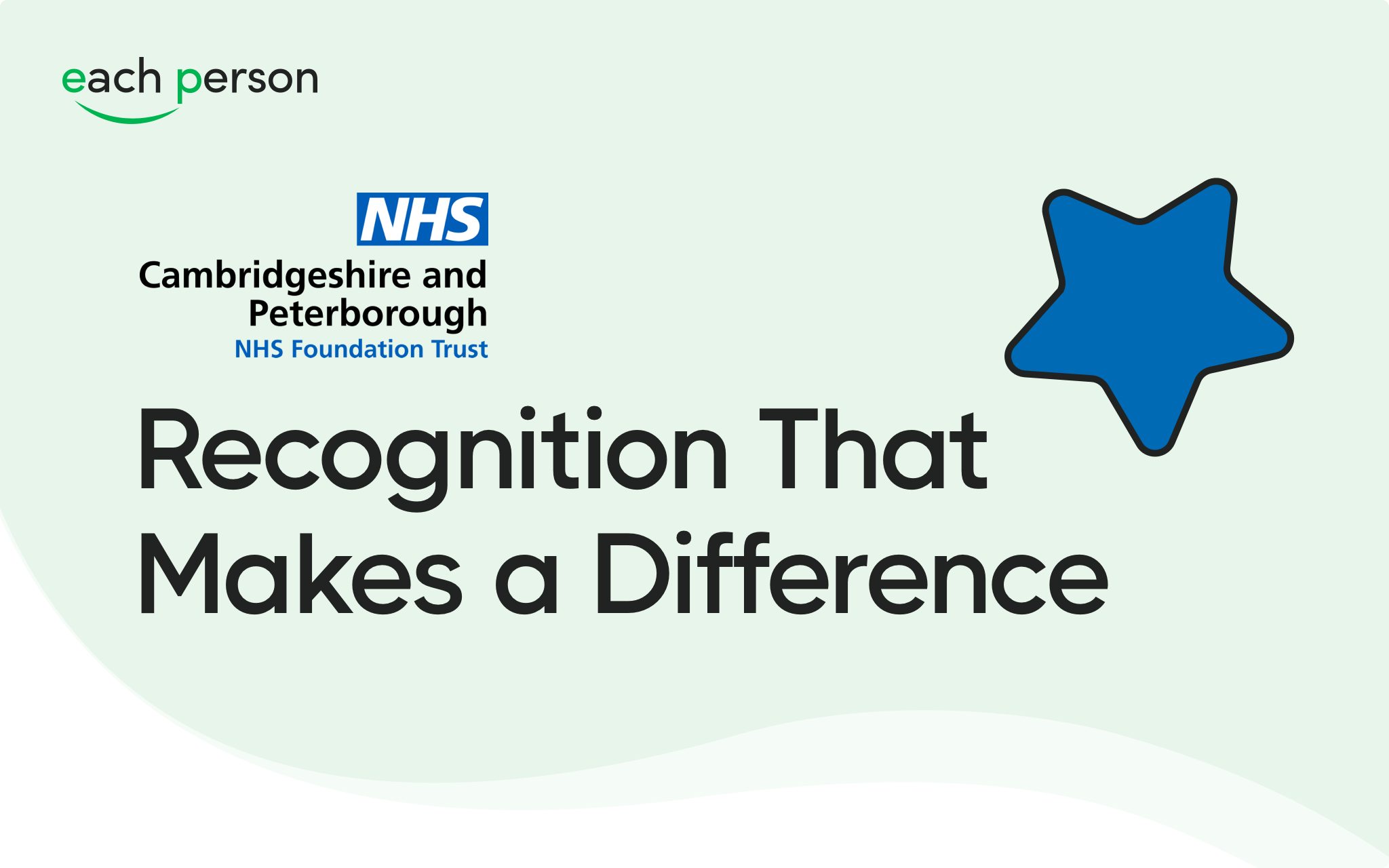The Importance of Belonging & Workplace Inclusivity
The Importance of Belonging & Workplace Inclusivity

Why is Belonging and Workplace Inclusivity so important? Where do we really feel like we most belong? For the vast majority of us, it is in our own home. But where after that? Is it in our neighbourhood? Our Place of Worship? Or perhaps somewhere else? Well according to recent studies the place where we most feel we belong after our own homes is actually in our workplace.
Before we move on to anything else, what does "belonging" mean for you; it is principally the feeling of support, encouragement, and positive establishment of identity coming from workplace inclusivity. This implies that in order to fabricate a positive and inclusive workplace culture, the focus must be evenly distributed between the sense of fitting in and well-being for the entire workforce striving towards attracting success for the company.
According to the results of the latest survey, about 34% of the total number of respondents accepted that they felt the greatest sense of belonging and workplace inclusivity across diverse generations and ethnicities. The next two categories that followed offering the greatest sense of belonging were their physical neighbourhood amounting to 19% and their place of worship at 17%. To improve the sense of belonging in an inclusive workplace, everyone must believe that even though they hail from different backgrounds and function on contradicting ideologies, on some level, they are all equal. As per this study, people who believe that they are really “wanted” at their inclusive workplace, exhibit unsurpassed proficiency in accepting challenges, devoting all of their time and energy into their tasks without any discrepancy whatsoever and being more resilient.
It then stands to reason that this means that businesses have never had a bigger responsibility and opportunity to build that sense of belonging and workplace inclusion, if they do then there is a reward back to the company in terms of productivity, employee satisfaction and lower sickness and staff attrition. Find out how you can promote workplace inclusivity even when your people work from home here.
Coming back to the research that we are relying on our facts upon, it further states that 39% of the respondents are of the opinion that when their colleagues make an effort to know about them or voluntarily try to assist them beyond their professional liabilities, their sense of workplace inclusion is enhanced.
More than anything else, an inclusive workplace must have a desire to create diverse traditions alongside its notion of completeness to encourage all the individuals to participate without the fear of being judged. The contribution of regular check-ins in an inclusive workplace is equally important amongst all the generations alike with 45% of the baby boomers topping the list, 40% of the Gen Xers coming second and 35% of the millennials agreeing on this. Nevertheless, these check-ins garnered themselves over different actions such as 23% public recognition, 20% being invited to out-of-office events and 14% being asked to join a meeting or conference to put forward their statements with their senior leaders.
By doing this in a genuine and proactive way of reaching out on a personal level we can make colleagues feel significantly more connected, valued and have an inclusive workplace for everyone.
Follow us on Twitter: @_EachPerson
Check out our blog post: ‘Climate Change and HR Directors’
Discover the importance of workplace diversity in our blog post!










